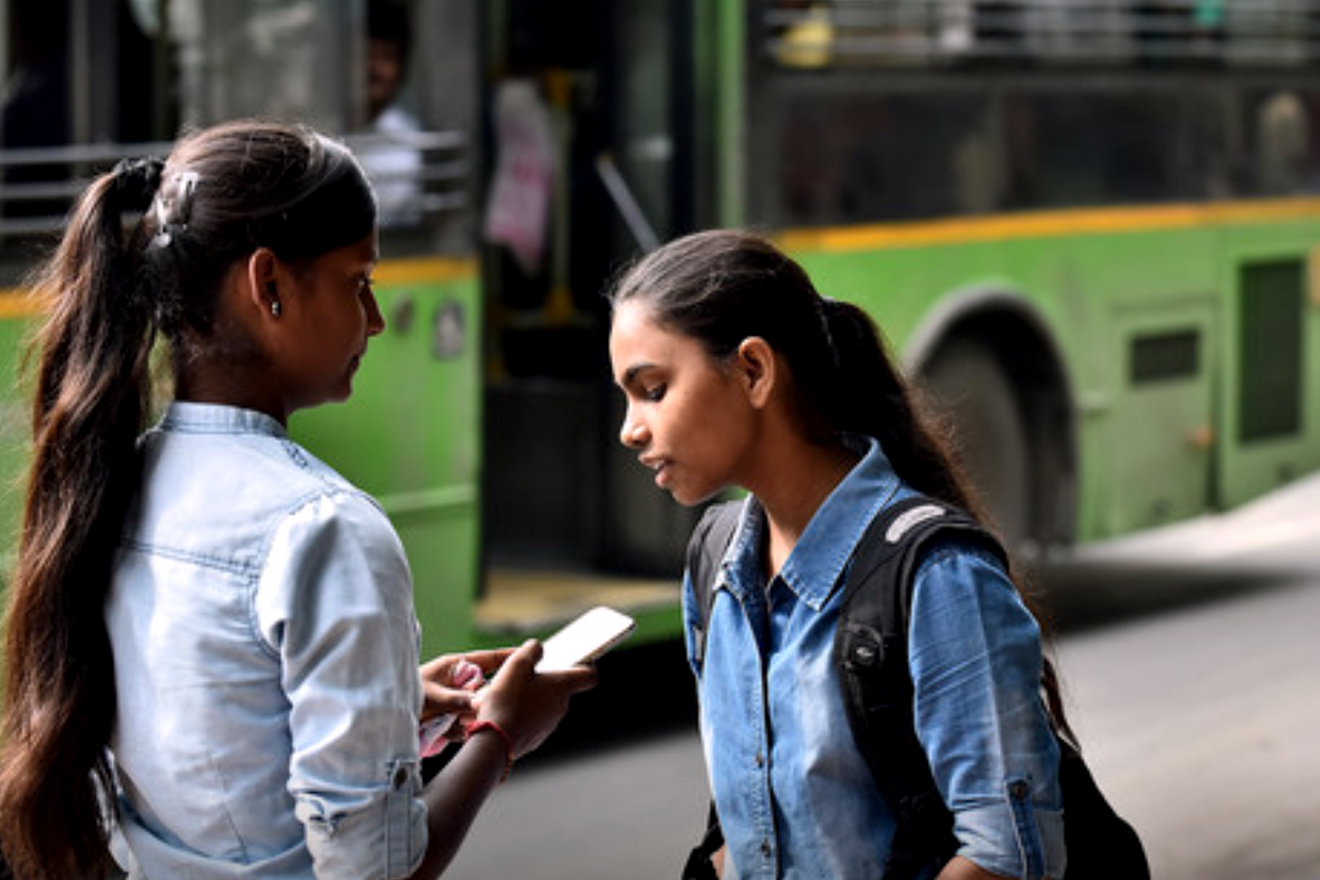Trafficking in persons has become a cornerstone of organized crime, posing a critical threat to global security, democracy, governance and human rights. Most traffickers operate within structured criminal networks, enabling them to exploit more victims, for extended periods and with greater violence – disproportionality affecting women and children, who frequently endure the most severe forms of abuses. Trafficking in persons and organized crime form a mutually reinforcing cycle that not only threatens global and national security, weakens governance, and undermines human rights but also erodes the rule of law, weakens democracy, and undermines sustainable development. Moreover, it perpetuates structural gender inequalities and fuels gender-based violence and discrimination. In 2016 in the Philippines, Edna Valdez, former domestic worker and current President of Banner Ti La Union, delivers trainings to prospective women migrant workers to help them identify the warning signs and risks...



Comments
Post a Comment